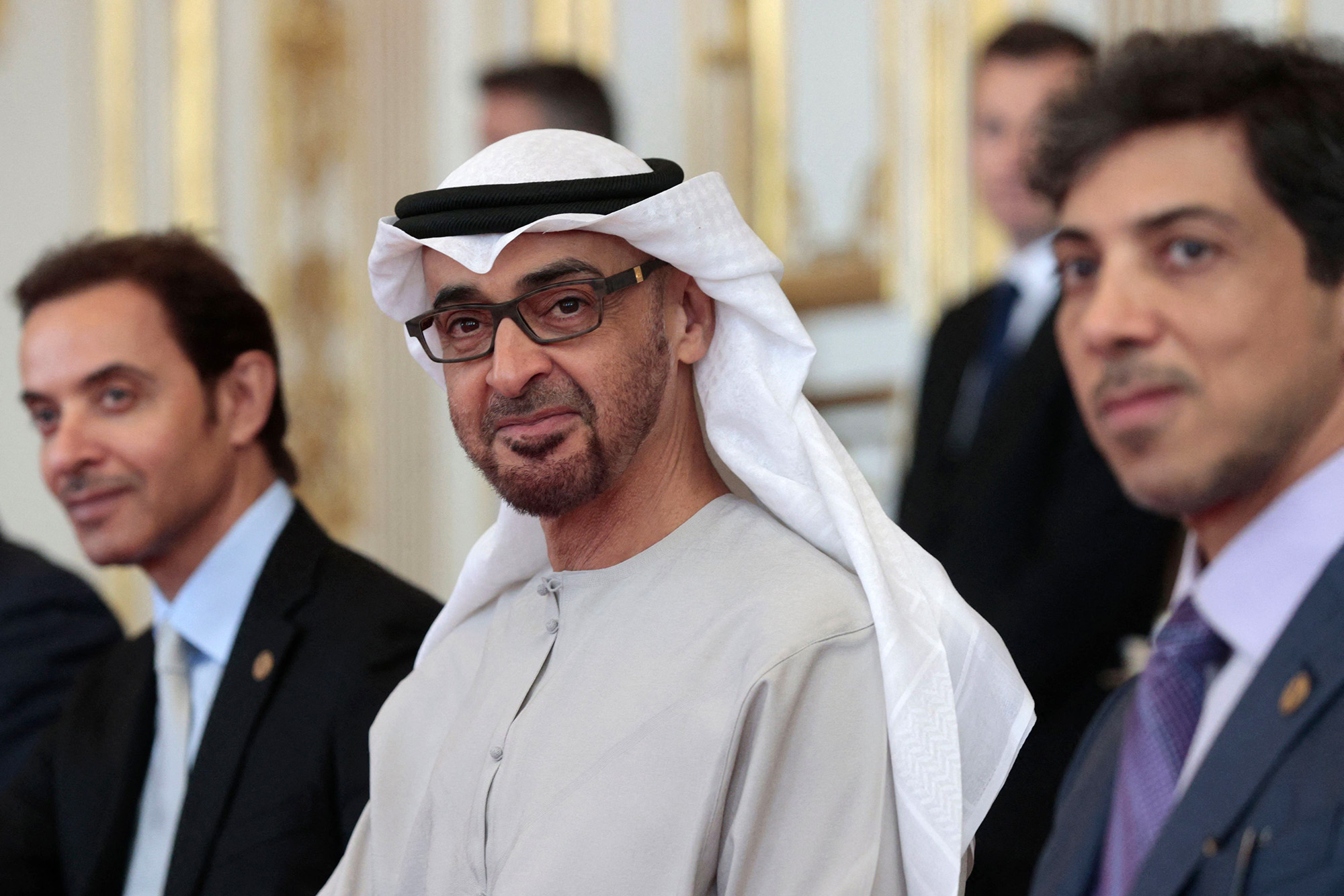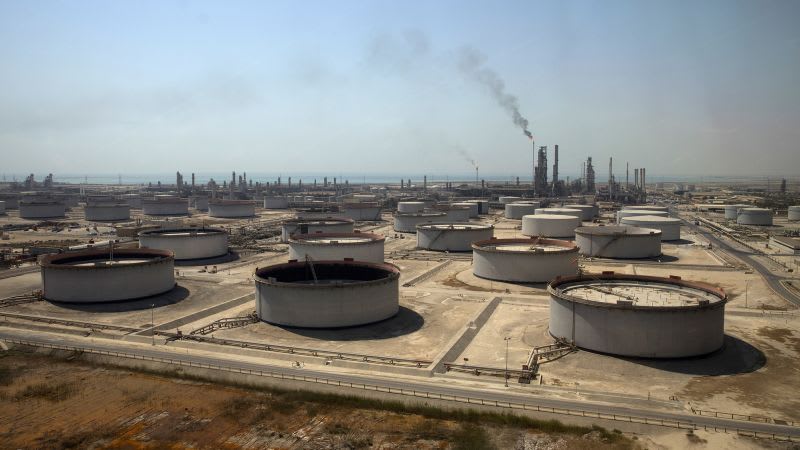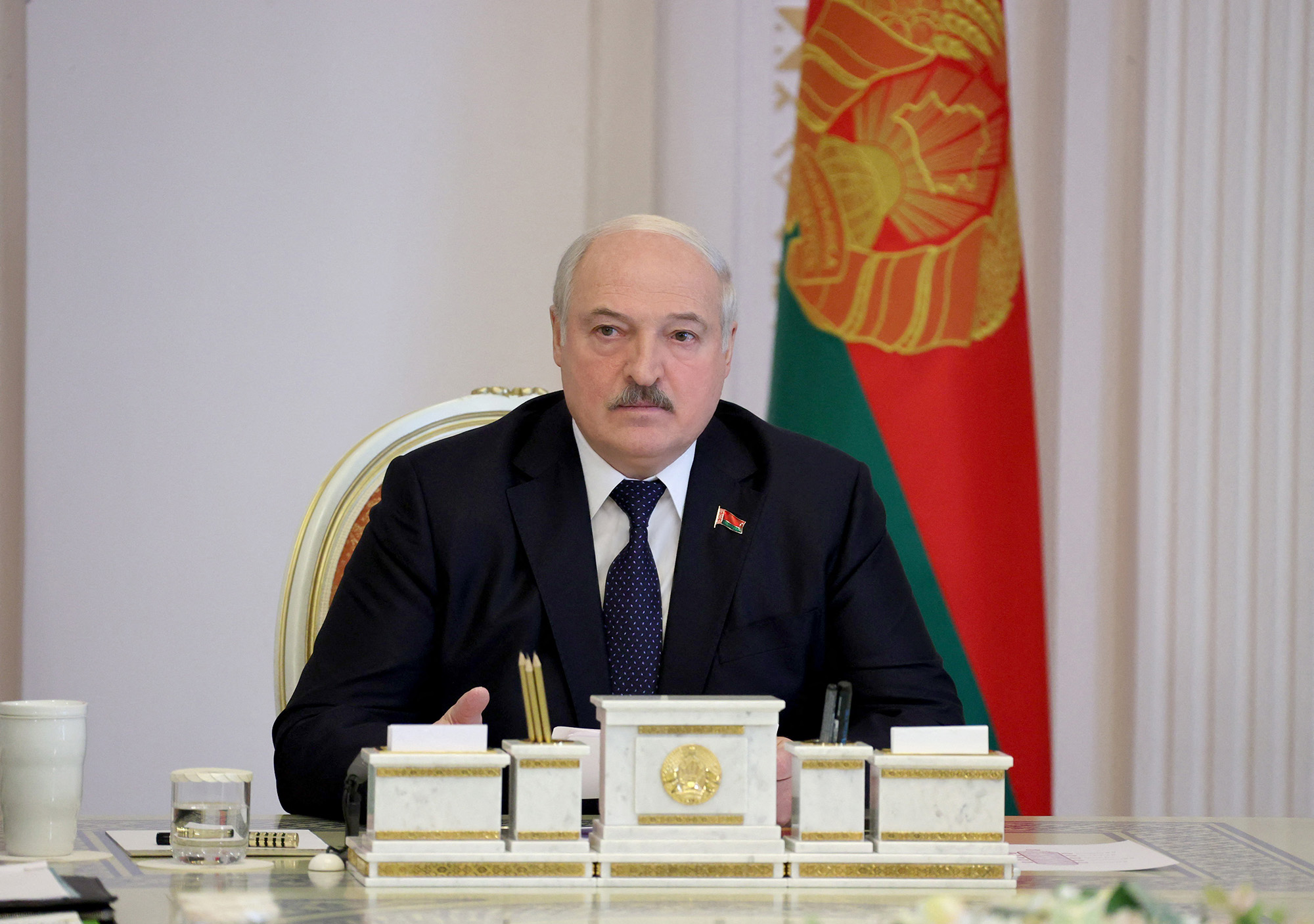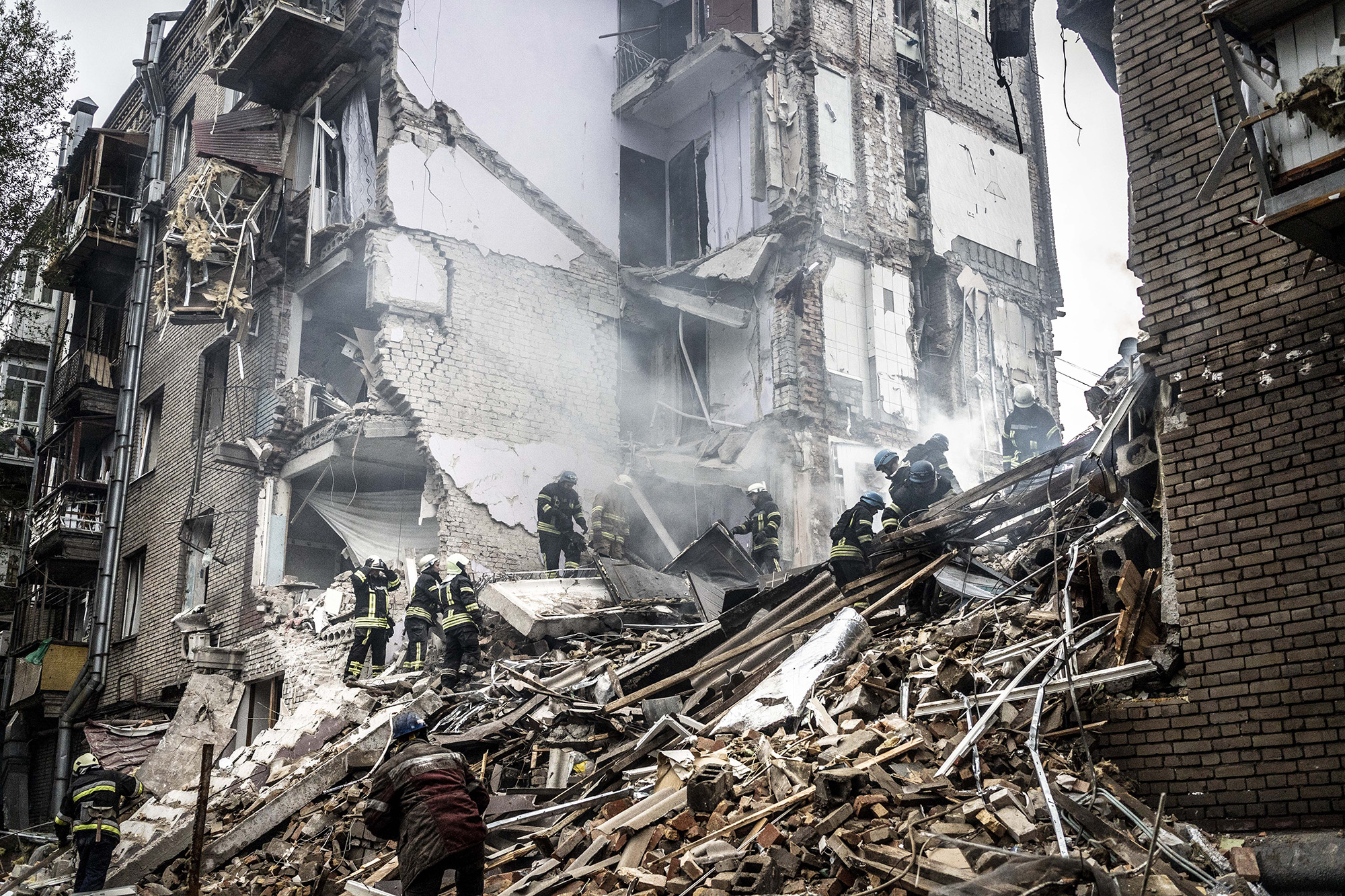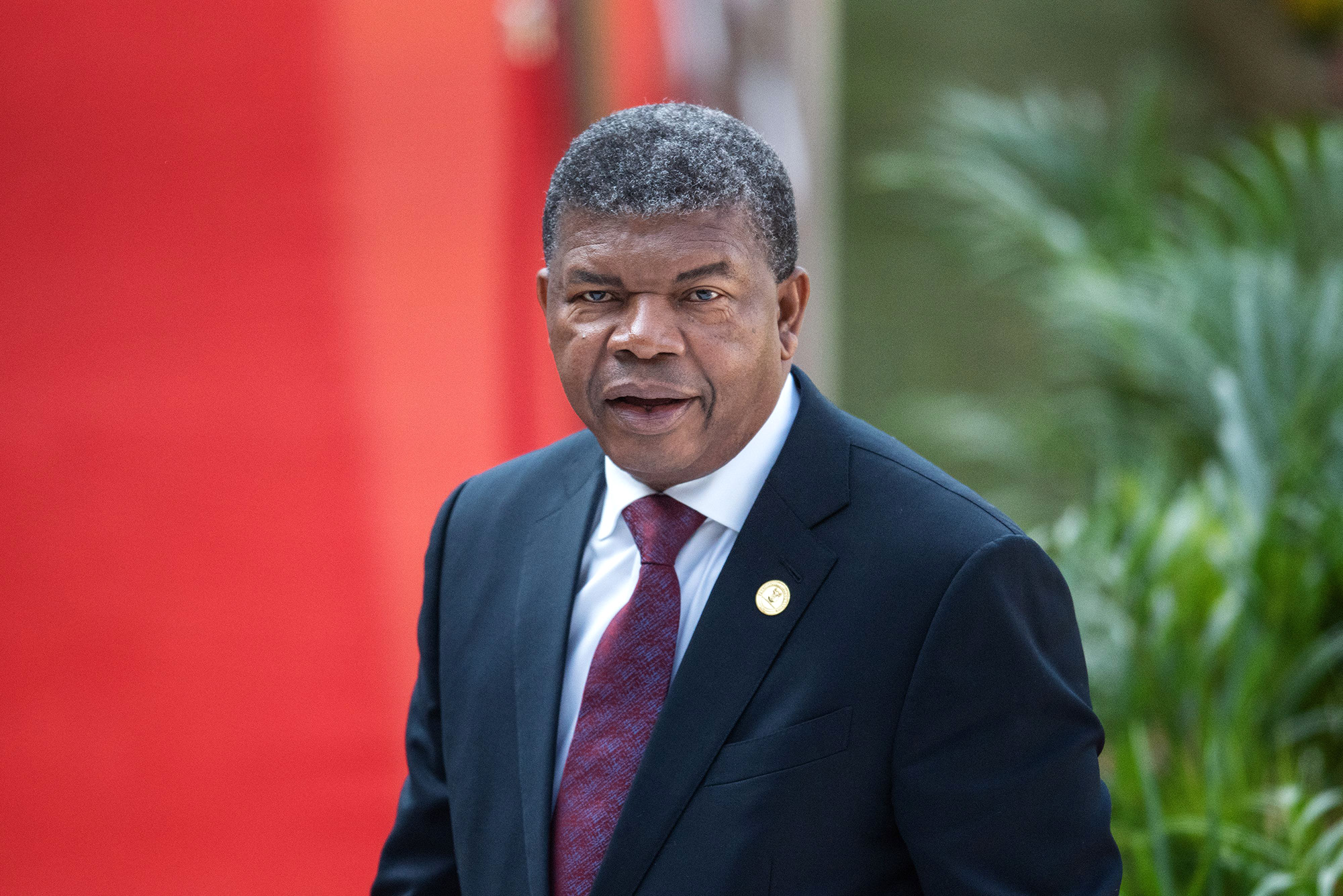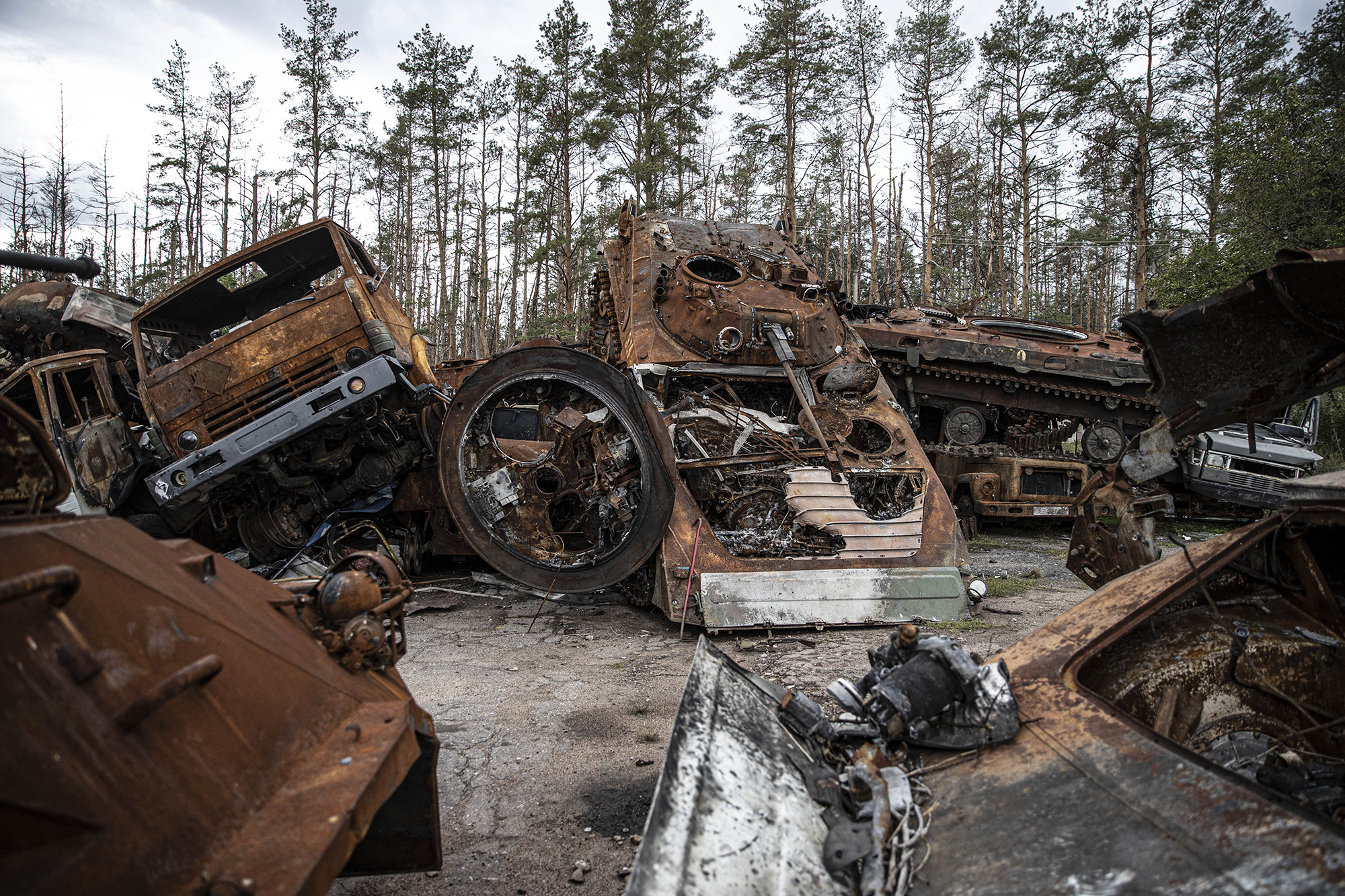
Moscow is running thin on military weapons and staving off "desperation at many levels inside Russian society," according to the head of the UK's largest spy agency.
“We believe that Russia is running short of munitions, it’s certainly running short of friends," Jeremy Fleming, director of Government Communications Headquarters (GCHQ), told BBC Radio 4's 'Today' program.
“We’ve seen, because of the declaration for mobilization, that it’s running short of troops. So I think the answer to that is pretty clear. Russia and Russia’s commanders are worried about the state of their military machine,” Fleming said Tuesday.
When asked if the Kremlin is desperate amid President Vladimir Putin's faltering military campaign in Ukraine, Fleming added: "We can see that desperation at many levels inside Russian society and inside the Russian military machine."
Fleming's comments came after Russia launched a wave of deadly strikes across Kyiv and other Ukrainian cities Monday, damaging critical infrastructure and killing at least 19 people.
“Russia, as we’ve seen in the dreadful attacks yesterday, still has a very capable military machine. It can launch weapons, it has deep, deep stocks and expertise. And yet, it is very broadly stretched in Ukraine," Fleming said.
The violent strikes follow Putin's announcement of immediate military escalation in September, in which he threatened the possibility of nuclear retaliation.
"I think any talk of nuclear weapons is very dangerous and we need to be very careful about how we're talking about that," Fleming said when asked about Putin's nuclear threats.

"I would hope that we would see indicators if they started to go down that path. But let's be really clear about that, if they are considering that, that would be a catastrophe in the way that many people have talked about," he added.
In a speech later Tuesday, Fleming will also say Russians are increasingly counting the cost of the invasion of Ukraine and are seeing "how badly" Putin "has misjudged the situation."
“With little effective internal challenge, his decision-making has proved flawed. It’s a high stakes strategy that is leading to strategic errors in judgement. Their gains are being reversed,” Fleming will say in an address at the Royal United Services Institute (RUSI) annual security lecture in London.
The costs to Russia — in people and equipment are staggering. We know — and Russian commanders on the ground know — that their supplies and munitions are running out. Russia’s forces are exhausted.”
The senior spy chief will also say that ordinary Russians are “fleeing the draft.”
"They know their access to modern technologies and external influences will be drastically restricted. And they are feeling the extent of the dreadful human cost of his war of choice," he will say.
